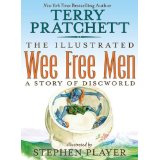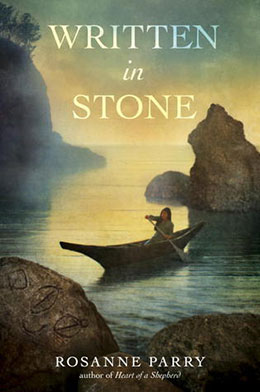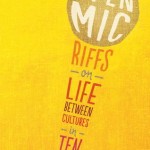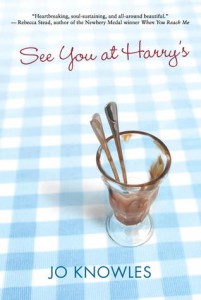 The Wee Free Men by Terry Pratchett, illustrated by Stephen Player
The Wee Free Men by Terry Pratchett, illustrated by Stephen Player
A nightmarish danger threatens from the other side of reality . . .
Armed with only a frying pan and her common sense, young witch-to-be Tiffany Aching must defend her home against the monsters of Fairyland. Luckily she has some very unusual help: the local Nac Mac Feegle—aka the Wee Free Men—a clan of fierce, sheep-stealing, sword-wielding, six-inch-high blue men.
Together they must face headless horsemen, ferocious grimhounds, terrifying dreams come true, and ultimately the sinister Queen of the Elves herself.
Three things for a kid to like
1. It’s hard to beat Terry Pratchett for humorous fantasy. On a bookshelf full of gloom and doom alternate worlds this story is set in a place that holds all the thrills and chills a kid is looking for and is genuinely hilarious besides. It will work particularly well for fans of British humor. If you’ve got a young reader who is driving you crazy quoting Monty Python and Dr. Who, this is the book for him.
2. Dream worlds are tricky to pull off in a story and it’s an element that made this a challenging read in the original edition. The pictures here do much to enhance the dream world Tiffany enters without overtaking it entirely and leaving nothing to the imagination. In my opinion the illustrations are just scary enough but not so vivid as to be daunting to a tender-hearted reader.
3. There is amid all the boogymen and monsters, some really thoughtful elements about the nature of dreams and the problems associated with getting everything you ask for. Plenty to inspire good conversation.
Something for the writer to think about
I’m seeing more illustrated work for middle grade readers all the time and I’m very happy about the change. I love it that there is more work for the many working artists I know. I think it makes a challenging text more inviting to a struggling reader and more accessible to an immigrant child who often comes to the page with little context for the stories he finds at school. In my own work I’ve been thinking a lot about how I can, not so much beg my publisher to put art inside, but create a story in which the images are integral to the plot and therefore necessary to the finished book.
The most recent two Newbery winners will illustrated and I’d love to hear your recommendations in the comments for other illustrated middle grade books you think were particularly well done.
How I came to review this book.
I first read this book aloud to my kids many years ago and loved it then. Recently I found a beautiful illustrated edition at my library and gave the book a re-read. Not every book I like stands up to re-reading but this one did.





